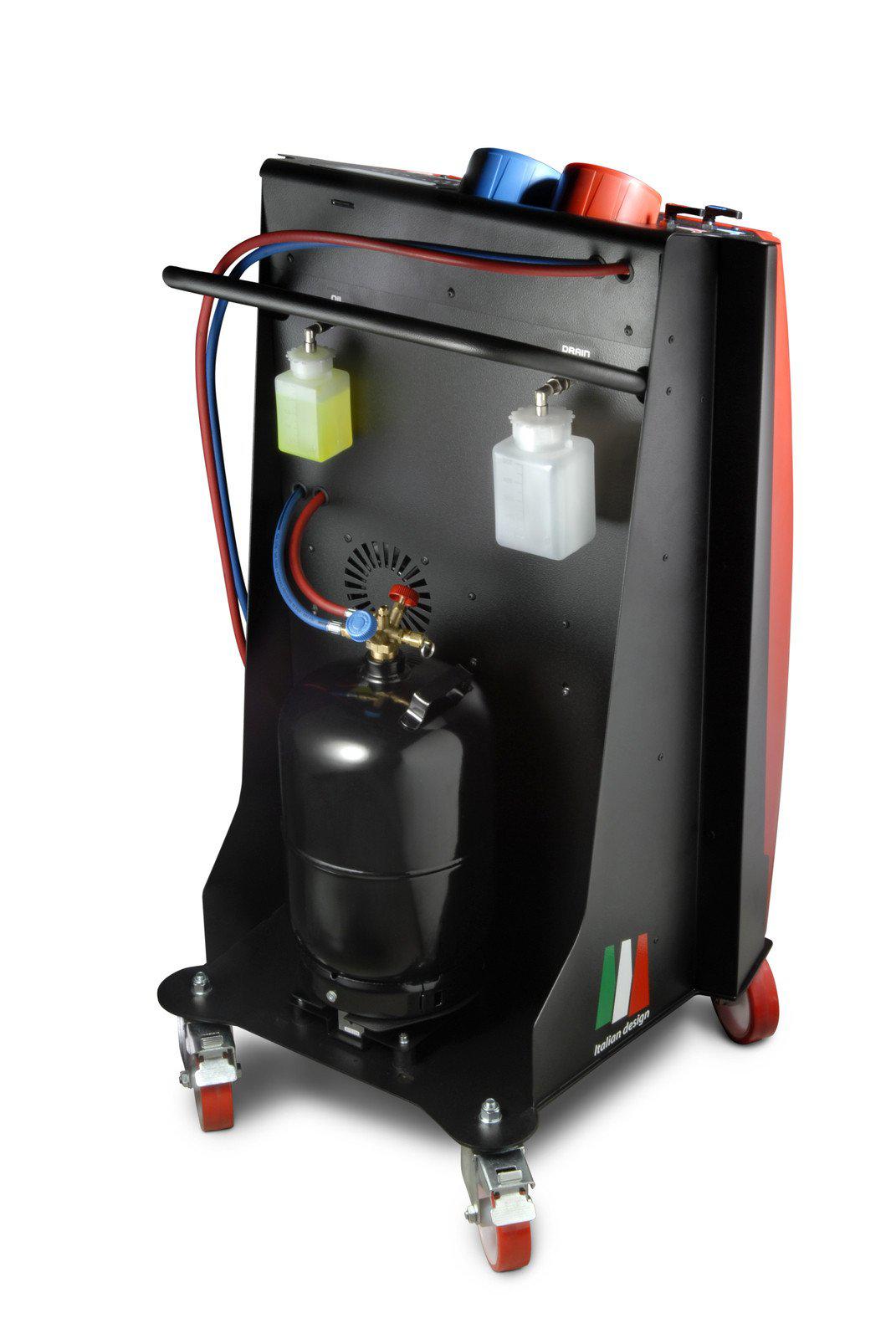
The evaporator turns the liquid back into a gas which cools the surrounding air. The next stop for the cold refrigerant is the evaporator which lives in your dashboard. In the process, the liquid refrigerant is turned back into a gas, though at much lower pressure than before. The valve tightly regulates the flow of refrigerant and lowers the pressure. Now that the refrigerant (which is liquid at this point) moves through the tubing to a small valve. The AC Thermal Expansion Valve or Orifice Tube As the gas cools down, it turns back into a liquid. The condenser works like a radiator and cools the refrigerant. This is how it cools the air down in your car.īut now that the refrigerant is in gas form, we need to turn it back into liquid so the process can continue. When the refrigerant starts boiling-thereby turning into a gas-it absorbs heat. In contrast, R-134a car AC refrigerant boils at minus 15 degrees. If you remember your high school science class, you remember that water boils at 212 degrees Fahrenheit. Refrigerant has a very low boiling point. This process pushes the gas to high temperatures as it pulls heat from the surrounding air. The refrigerant turns from liquid to gas form when it is subjected to high pressure. The compressor pushes the refrigerant through the system at high pressure. The refrigerant doesn’t need to be ‘topped-off.’Ĭar air conditioning systems contain these five parts: a compressor, a condenser, a thermal expansion valve, an evaporator, and an accumulator (or receiver/drier). If your system has no leaks, it works great. This simply means that there is no starting point or ending point. How Does Your Car’s AC System Work?īefore we answer the question ‘what is an AC recharge,’ let’s briefly describe how electric air conditioning works.Īn auto air conditioning unit is a ‘closed-loop’ system. If you notice that the air coming out of your vents is not quite as brisk, give us a call. We advise you to schedule an AC recharge before your unit stops blowing cold air entirely. Once every year or two is probably sufficient. Or you can schedule regular AC recharge services. Hopefully, this doesn’t occur on a road trip far from your trusted local repair shop. You can ignore your car’s AC system until it stops working.

Then you realize how much you appreciate it. That is until it dies during the heat of the North Carolina summer.

Your car AC is one of those things you take for granted. We also expect a cooling system we can set to the precise temperature for maximum comfort. We’re used to traveling around with adjustable seats, auto-everything, and GPS so we never get lost.

Evac and recharge ac cost how to#
After the service is complete, the mechanic will test the system’s operation and verify that the air conditioner is cooling to the automaker’s original specifications (by measuring the temperature of the air produced at the dash vents).What is an AC Recharge? How to Keep Your Car’s AC Working An “evac and recharge” service consists of connecting your car’s AC system to a special machine, which vacuums all the old refrigerant and oil from the system, and then refills it to the proper level. A mechanic will check the system for refrigerant leaks, and then perform an “evac and recharge” service (if no leaks are found – if they find a leak, the damaged components will need to be replaced). When your system doesn’t blow as cold as it once did, you need to have it inspected. The best indicator that you need to recharge the refrigerant is when the system begins to cool less than it used to, but before it stops cooling completely. To get back to the question of how often an AC system needs to be recharged, the answer is, “it depends.” There’s no service or maintenance schedule here – you don’t need to recharge your air conditioning system every year, or even every two years.

With that being said, most of us aren’t that lucky and you’ll find that your system begins to perform less and less as the years pass. While some amount of refrigerant loss is possible, even normal with some systems, it’s a minute amount, and it shouldn’t affect system operation. How often does an AC system need to get recharged?įirst, understand that your system may never need to be recharged. It relies on refrigerant to operate – when the refrigerant gets low, the system won’t cool properly, and it might not work at all. Your car’s air conditioning system is a lot like your home’s central heating and air, and even more closely resembles the system that keeps your refrigerator cool.


 0 kommentar(er)
0 kommentar(er)
